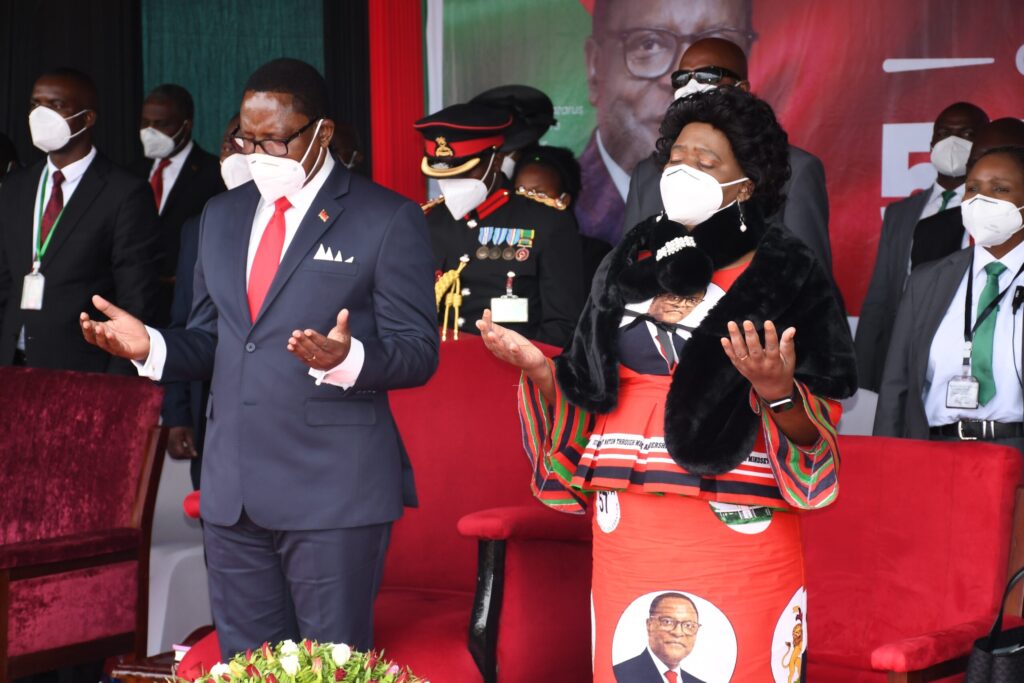By Al Bashir bin Abdul Aziz

Failing states are usually characterised by unstable political systems. Students of political science across the globe grapple with this subject matter that is today in constant flux.
However, there is no one unified theory to explain the causes of political instabilities among states.
Some political scientists have followed Aristotle’s view that political instability is generally the result of a situation in which the distribution of wealth fails to correspond with the distribution of political power.
It is against this backdrop that the writer presents a view that Malawi’s political systems from the past half decade have revealed an intense suffering from violent breakdown where institutional structures and processes fail to resolve conflicts among demands and to implement acceptable policies where wealth corresponds to distribution of political power.
The system ceases to be viewed as responsive by the individual and groups making demands on it.
The fundamental causes of such failures appear to be the lack of a widespread sense of the legitimacy of state authority and the absence of some general agreement on appropriate forms of political action.
The current regime ” Tonse government” has witnessed a gravest handicap in decision making since its inception into power. One would question if at all there are fundamental consensus among the party partners (Tonse government) on regards to the demands and priorities of this nation.
Such chaotic delays in decision making have resulted in a wide questioning of the legitimacy of the current regime and if at all this nation is taking a right direction in resolving the political economic challenges that this nation is going through.
A regime is fortunate if there are well-established, open channels of political action and settled procedures for resolving grievances.
Although one would also argue that such “rules of the game” often show surprising tolerance for potentially violent forms of political behaviour, such as strikes, boycotts, and mass demonstrations as it was the case with the DPP regime, but such actions allow a rapid response to the demands of the nation.
Apparently the country is going through deep levels of poverty and according to the World Bank, poverty levels are rising in Malawi and are estimated to have reached 71.7 percent in 2023 at the international extreme poverty line of $2.15 per person per day.
Such disturbing economic conditions that the country is going through do automatically correspond to the consistent failure of Tonse administration in making quick decisions that answer to the economic demands of this nation.
It is indeed of no doubt to acknowledge that Malawi’s economy is at a critical juncture.
The country is facing complex and overlapping economic challenges that include high levels of poverty, rapid population growth, dependence on rain-fed agriculture, declining farm sizes, climate change, and watershed and forest degradation.
All these challenges require a government that is so determined in its policy implementation.



Well articulated. The failure of the current regime to answer the economic questions asked by a rapidly evolving global landscape has left the country in ruin, arguably at it’s lowest point economically since independence.